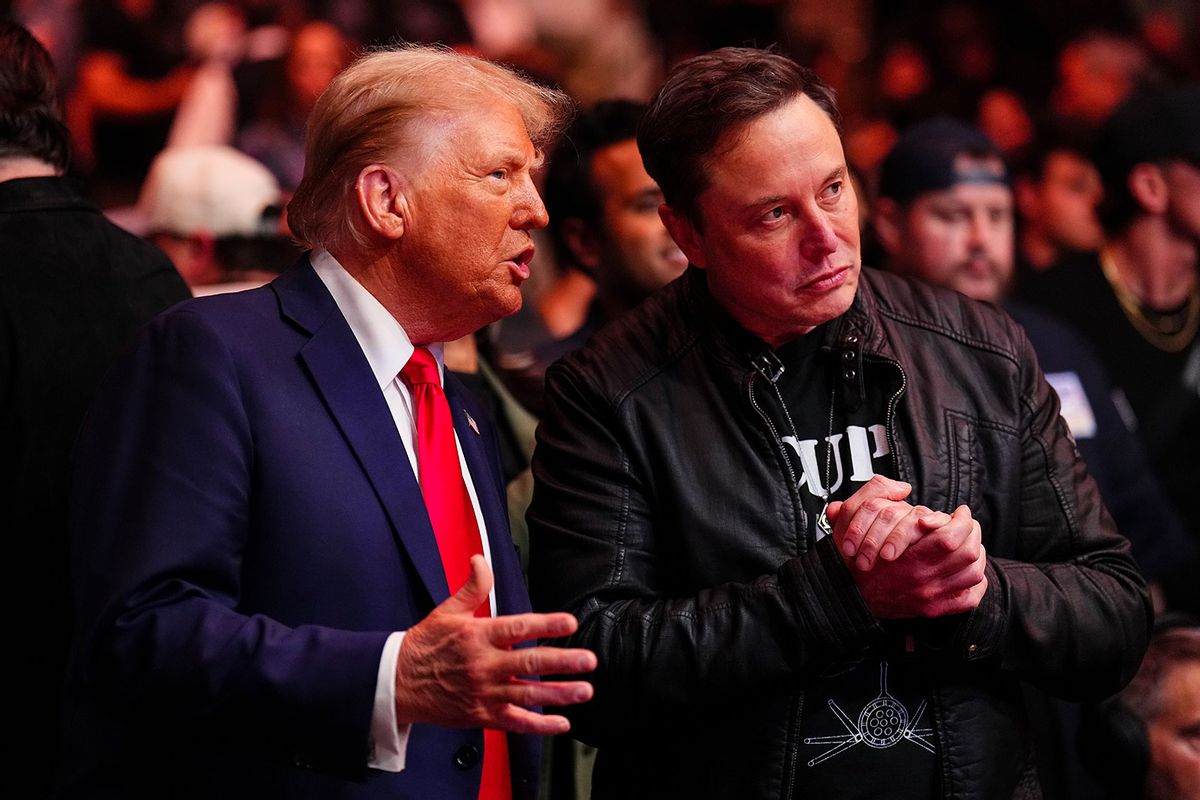President-elect Donald Trump and his advisers are eyeing major cuts to federal safety net programs like Medicaid and food stamps to balance the cost of their massive tax agenda, The Washington Post reported Monday.
Upon taking office in January, Trump plans to extend a 2017 tax bill he signed during his first term that is due to expire at the end of next year. Extending the bill would add an estimated $4 trillion to the national debt over the next ten years, the Congressional Budget Office estimated. The current debt now sits at $36 trillion.
GOP lawmakers are considering spending caps for the programs adding stricter work requirements to Medicaid and the Supplemental Nutrition Assistance Program (SNAP), sources told The Post.
Expanding work requirements does little to improve long-term employment options and makes it harder for low-income people to meet their basic needs, research shows.
The GOP's proposed cuts to the federal programs that serve over 70 million Americans are causing concern among both Democrats and Republicans, but for different reasons. It comes as Elon Musk, via his quasi-governmental Department of Government Efficiency, is promising massive cuts in federal spending, which would necessarily be at the expense of those who rely on social programs.
“To pay for tax cuts for their billionaire donors, the GOP wants to make food and health care unaffordable and inaccessible for the most vulnerable people in our country,” Rep. Summer Lee, D-Penn., wrote on X. “Make no mistake on who they’re serving."
Republicans however, are more worried about the political implications of gutting federal safety net programs.
“I don’t think that passing just an extension of tax cuts that shows on paper an increase in the deficit [is] going to be challenging. But the other side of the coin is, you start to add things to reduce the deficit, and that gets politically more challenging,” a GOP tax adviser told The Post.
While Republicans have denied that the cuts are a reduction of benefits for low-income Americans and are instead a mechanism to reduce unnecessary federal spending, an analysis from the Institute on Taxation and Economic Policy found that Trump’s proposal would slash taxes for the richest 5% and raise them for everyone else.
"This is the most comprehensive analysis that anyone has done, and the findings are crystal clear,” Amy Hanauer, ITEP’s executive director, said in a statement. “Trump’s tax proposals would substantially raise taxes on regular Americans while delivering more tax cuts to corporations and the wealthy.”



Shares